- Have any questions?
- +86-189 8930 5995
- sales@mosinterchem.com.cn
Potassium Sorbate CAS 590-00-1

Sodium Bicarbonate Food Grade CAS 144-55-8
17/12/2018
Ammonium Bicarbonate Food Grade CAS 1066-33-7
17/12/2018| Model: | MOS 590-00-1 |
| Place of Origin: | Zhejiang,China (Mainland) |
| Appearance: | White powder or granules |
| Purity: | ≥98% |
| Heavy metals ≤: | ≤10PPM |
| Acid, alkalinity: | ≤1% |
| Loss on drying: | ≤1% |
| MELTING POINT: | 270℃ |
| MOLECULAR FORMULA: | C6H7KO2 |
| MOLECULAR WEIGHT: | 150.22 |
Potassium Sorbate (CAS: 590-00-1)
| Item | Index |
| Appearance | White powder or granules |
| Purity %≥ | 98 |
| Acid, alkalinity %≤ | 1 |
| Heavy metals ≤ | 10ppm |
| Loss on drying %≤ | 1 |
PHYSICAL AND CHEMICAL PROPERTIES:
Property: White to light yellow scaly crystal, crystalline powder or granular.
Odorless or slight odor. Long-term storage in the air moisture absorption and
oxidation and coloring.
RELATIVE DENSITY(d2025): 1.363
MELTING POINT: 270℃(Decomposition).
PURPOSES:
Potassium sorbate is international FAO and who recommended safe preservative efficient,
widely used in food, beverages, tobacco, pesticides, cosmetics and other industries, as
unsaturated acid, can also be used for resin, aromatics and rubber industry.
Production
Potassium sorbate is produced industrially by neutralizing sorbic acid with potassium hydroxide.
The precursor sorbic acid is produced in a two-step process via the condensation of
crotonaldehyde and ketene.
Uses
Potassium sorbate is used to inhibit molds and yeasts in many foods, such as cheese, wine, yogurt,
dried meats, apple cider, soft drinks and fruit drinks, and baked goods. It is used in the preparation
of items such as Sweet maple syrup and Milk shakes served by fast food conglomerates such as Mc
Donalds.It can also be found in the ingredients list of many dried fruit products. In addition, herbal
dietary supplement products generally contain potassium sorbate, which acts to prevent mold and
microbes and to increase shelf life, and is used in quantities at which there are no known adverse
health effects, over short periods of time. Labeling of this preservative on ingredient statements reads
as “potassium sorbate” or “E202”. Also, it is used in many personal care products to inhibit the
development of microorganisms for shelf stability. Some manufacturers are using this preservative
as a replacement for parabens.
Also known as “wine stabilizer”, potassium sorbate produces sorbic acid when added to wine. It serves
two purposes. When active fermentation has ceased and the wine is racked for the final time after clearing,
potassium sorbate will render any surviving yeast incapable of multiplying. Yeast living at that moment can
continue fermenting any residual sugar into CO2 and alcohol, but when they die no new yeast will be present
to cause future fermentation. When a wine is sweetened before bottling, potassium sorbate is used to prevent
refermentation when used in conjunction withpotassium metabisulfite. It is primarily used with sweet wines,
sparkling wines, and some hard ciders but may be added to table wines which exhibit difficulty in
maintaining clarity after fining.
Some molds (notably some Trichoderma and Penicillium strains) and yeasts are able to detoxify sorbates by
decarboxylation, producing piperylene(1,3-pentadiene). The pentadiene manifests as a typical odor of
kerosene or petroleum.
Toxicology
Potassium sorbate is a skin, eye and respiratory irritant. Although some research implies it has a long term
safety record, in vitro studies have shown that it is both genotoxic and mutagenic to human blood cells.
Potassium sorbate is found to be toxic to human DNA in peripheral bloodlymphocytes, and hence found
that it negatively affects immunity. It is often used with ascorbic acid and iron salts as they increase its
effectiveness but this tends to form mutagenic compounds that damage DNA molecules.
Typical usage rates of potassium sorbate are 0.025% to 0.1% (see sorbic acid), which in a 100 g serving
yields intake of 25 mg to 100 mg. Acceptable daily intakes for human is 12.5 mg/kg, or 875 mg daily for
an average adult (70 kg), according to FAO/World Health Organization Expert Committee on Food
Additives.
Tube feeding of potassium sorbate reduces gastric burden of pathogenic bacteria.
You must be logged in to post a review.
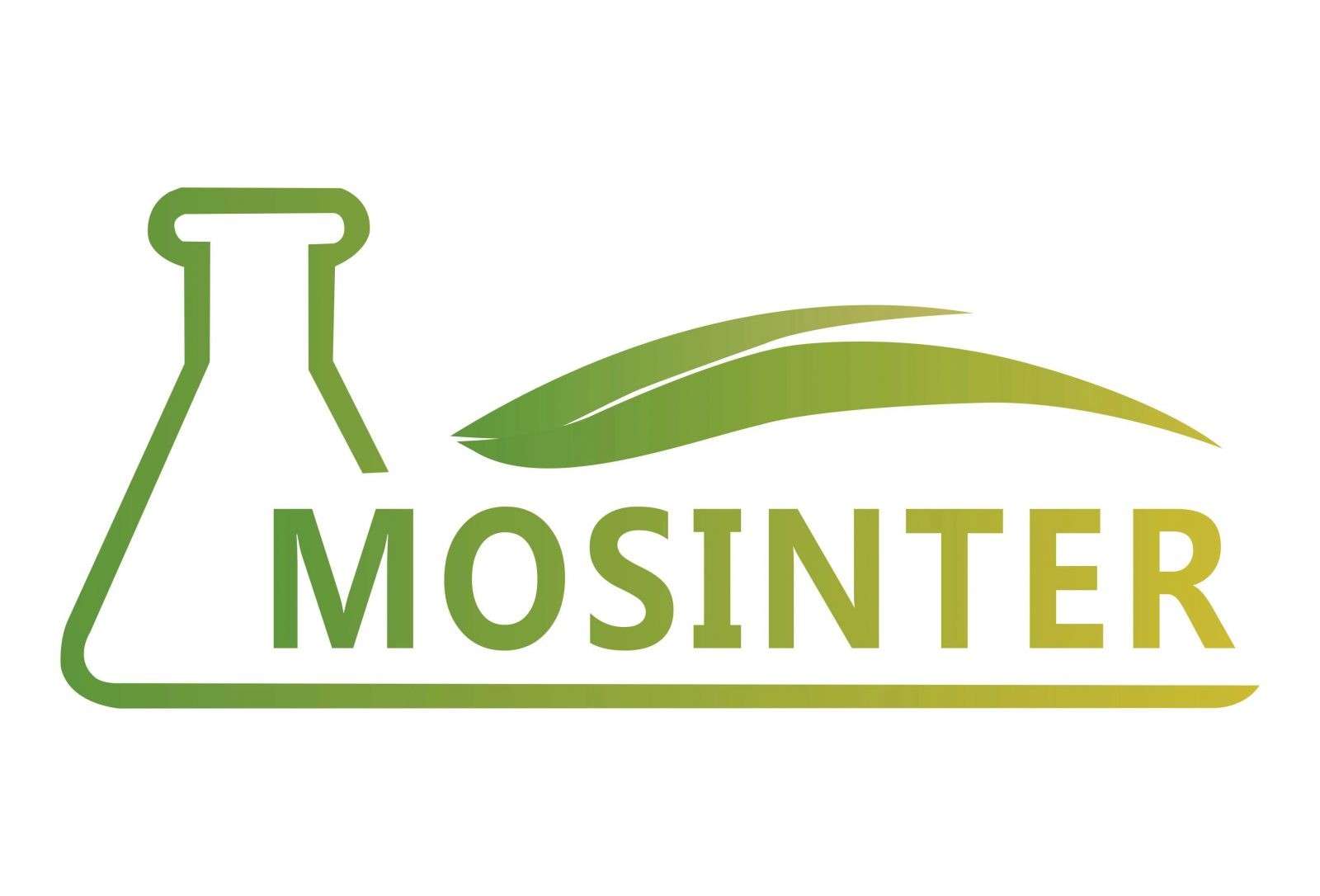
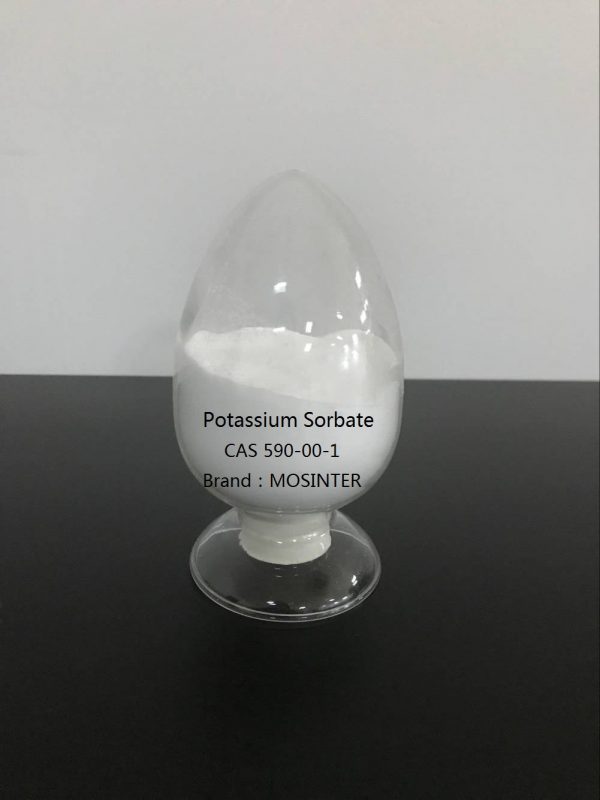
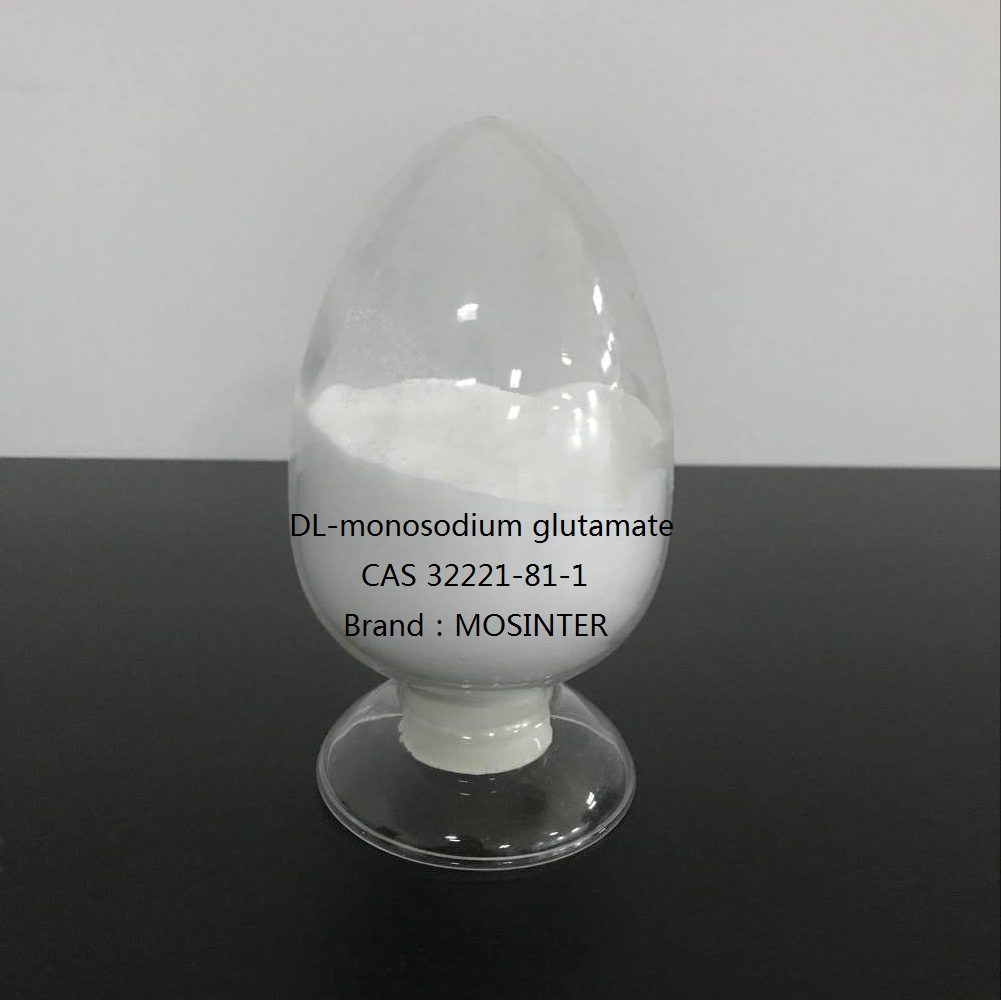
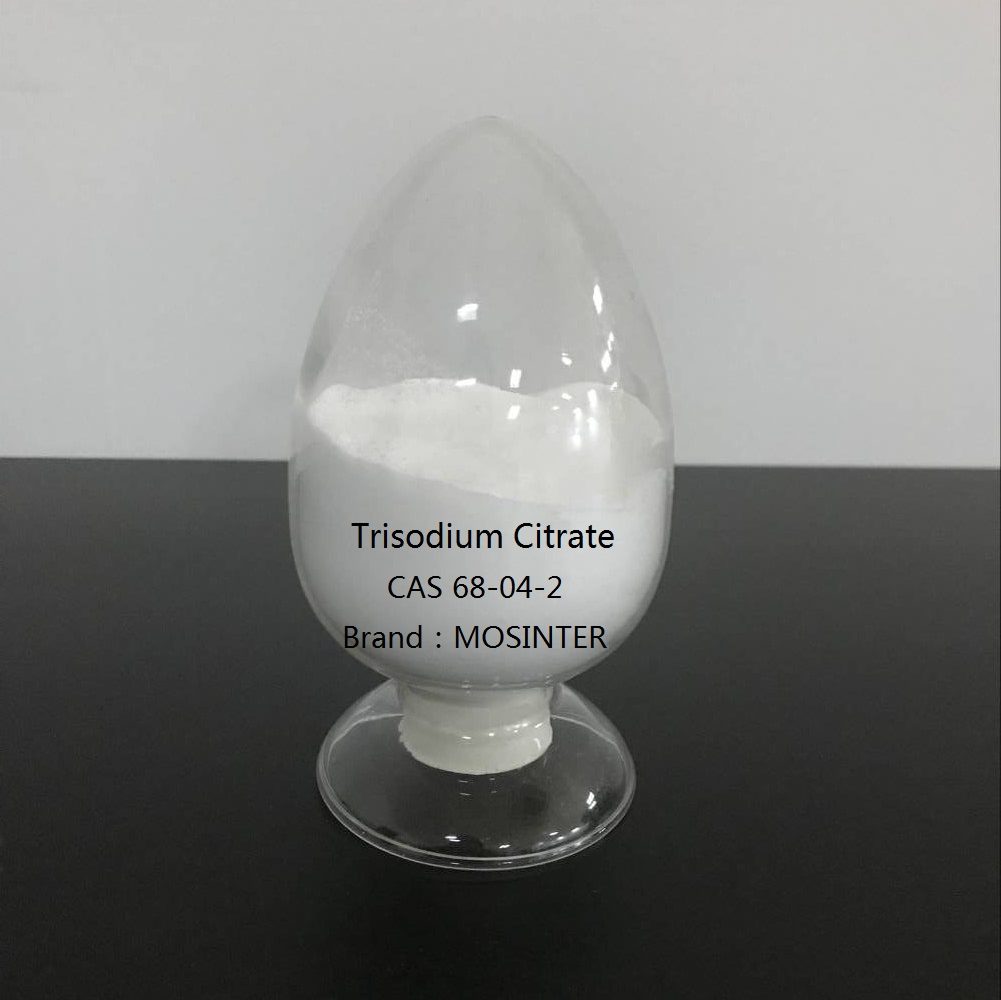
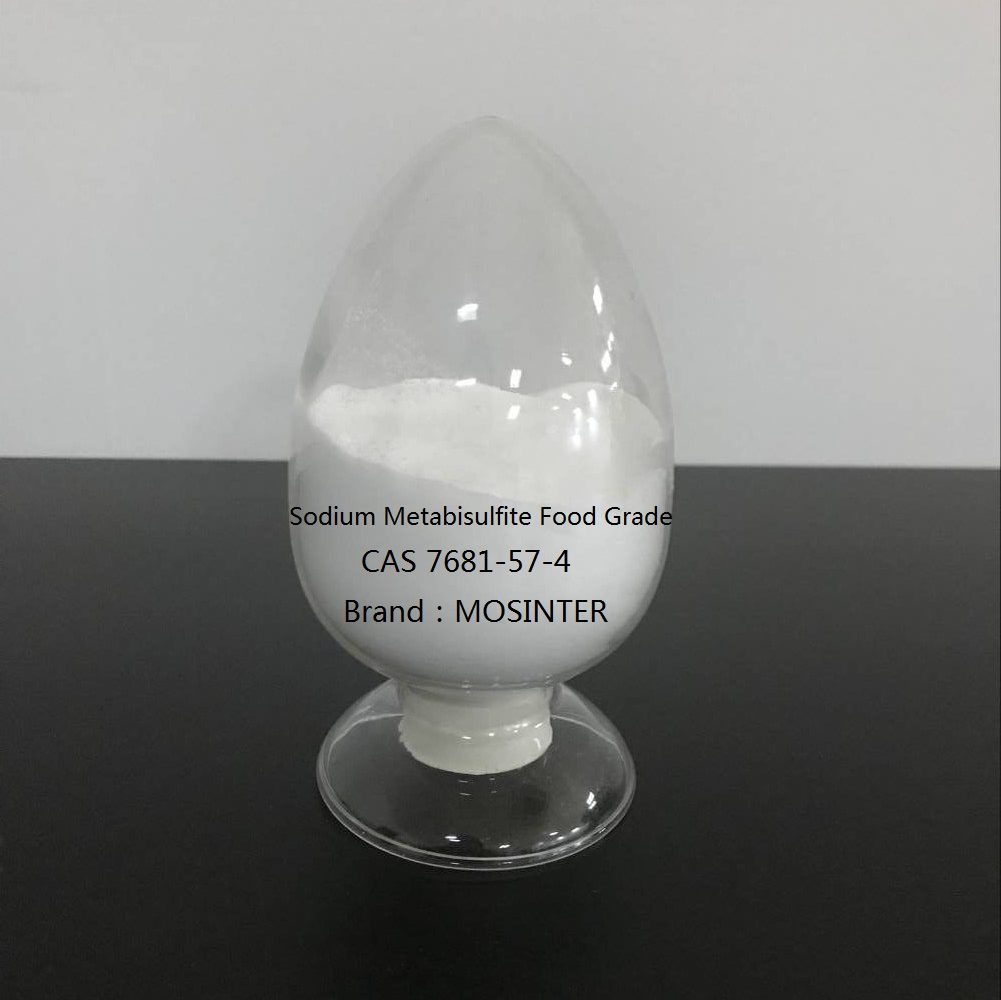
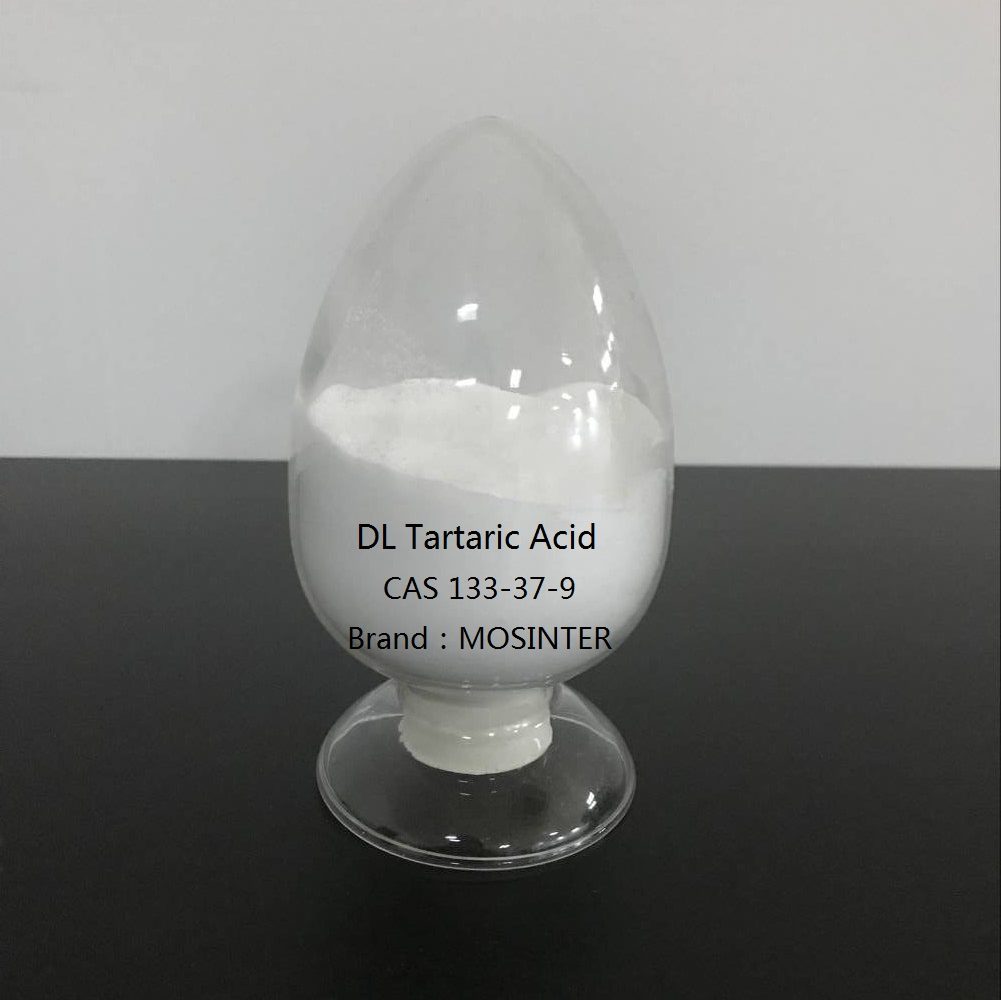
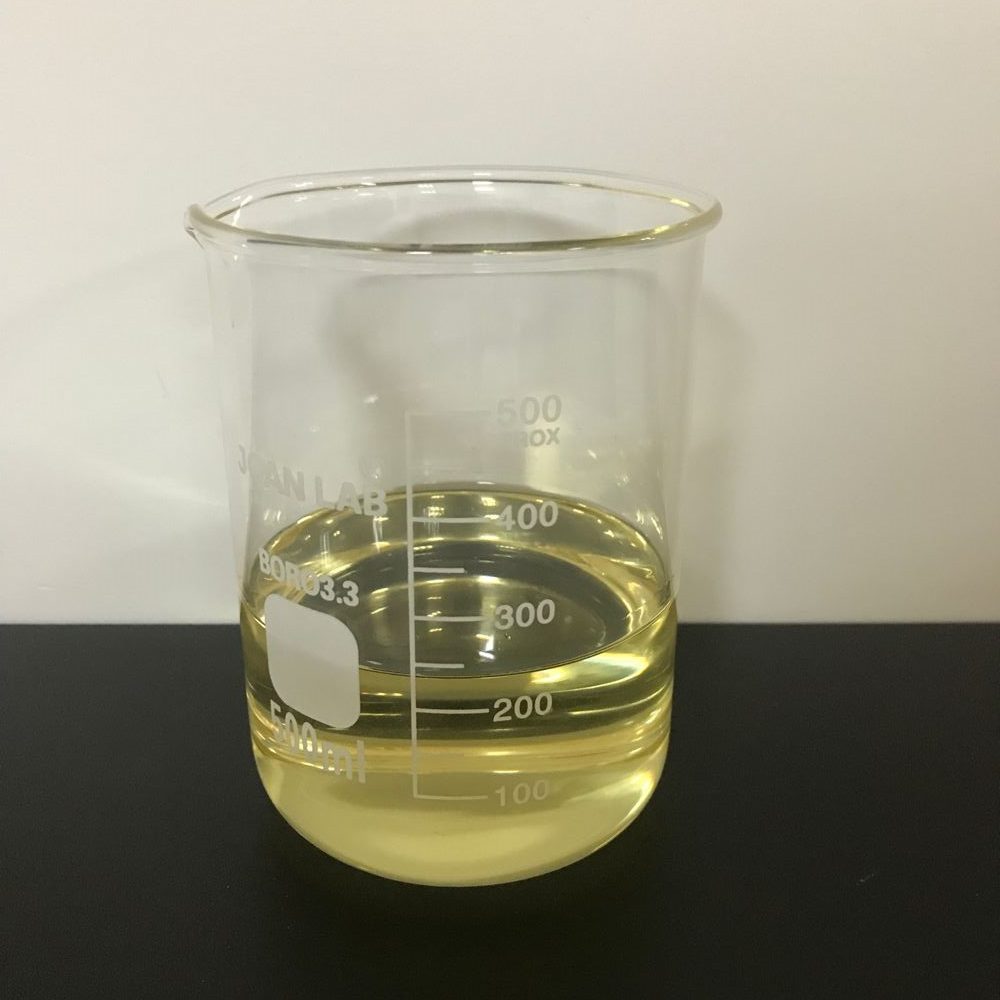
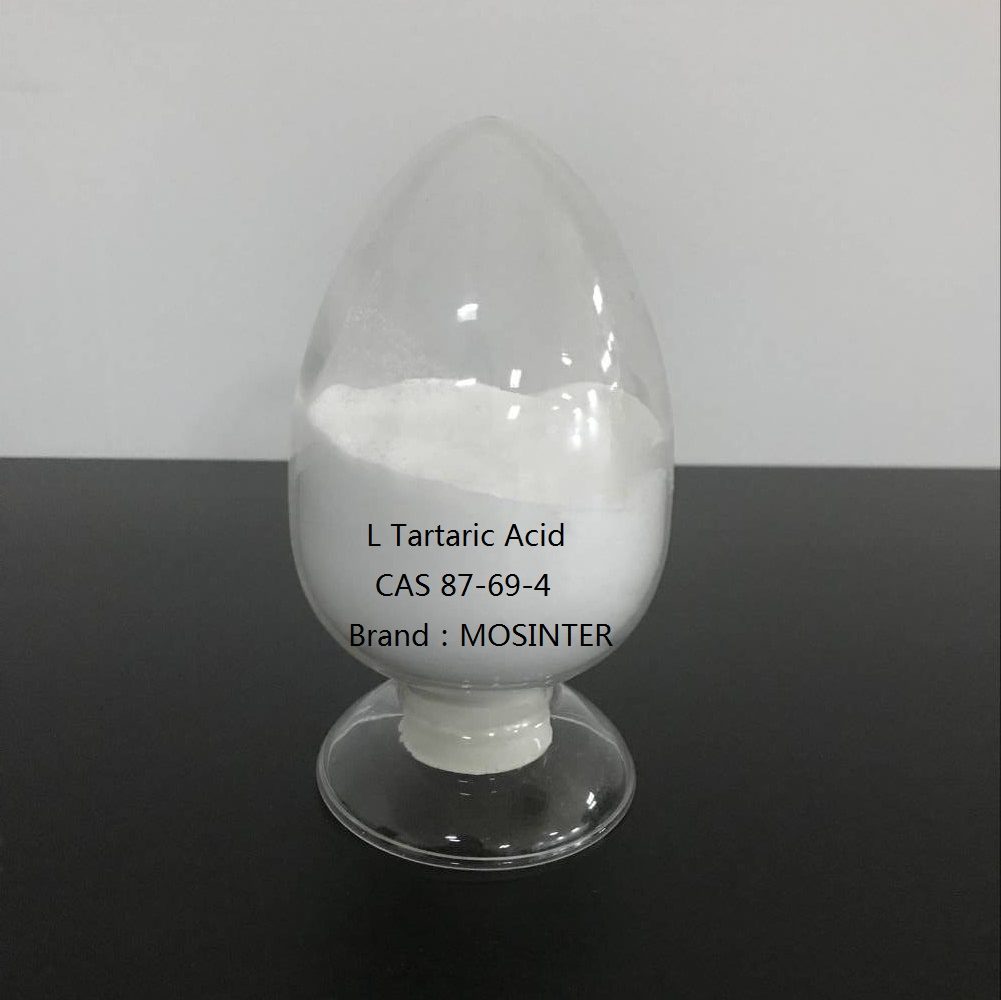
Reviews
There are no reviews yet.